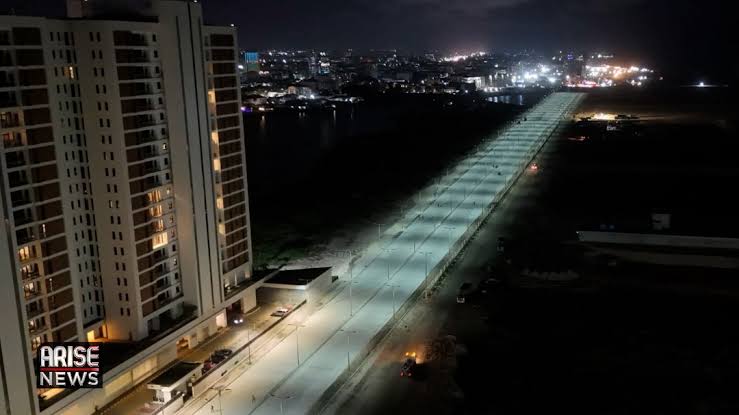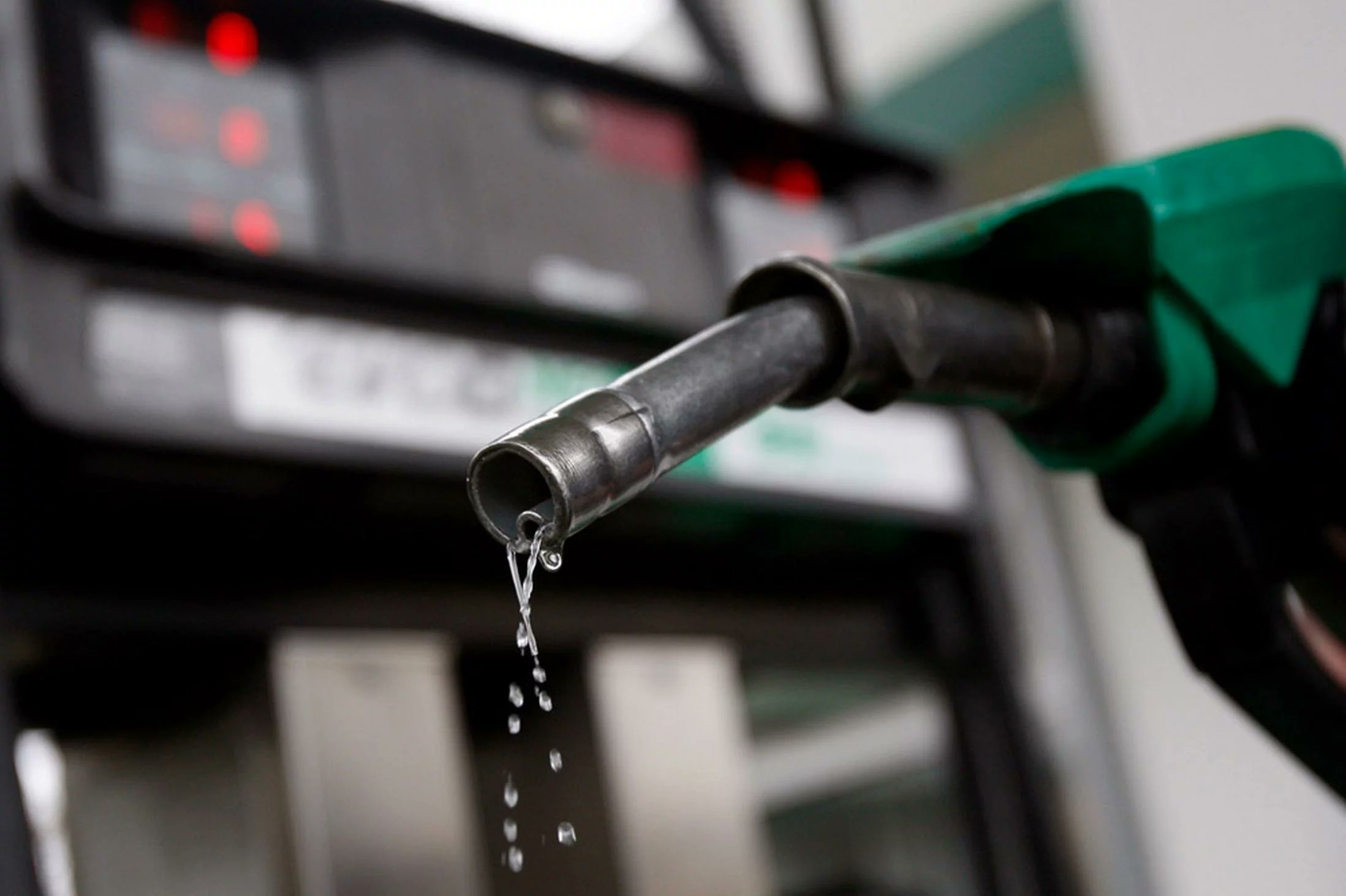President Bola Ahmed Tinubu will today commission 11 completed road projects spanning various regions of the country, while also flagging off several new initiatives under the Renewed Hope Agenda. The centerpiece of today’s events is the inauguration of the first 30-kilometer section of the ambitious Lagos-Calabar Coastal Highway, a transformative project poised to reshape Nigeria’s transport, economic, and tourism landscape. This milestone, alongside other strategic road and bridge projects, underscores the administration’s commitment to enhancing connectivity, boosting commerce, and improving the quality of life for millions of Nigerians.
A Historic Day for Infrastructure Development
Today’s commissioning ceremonies, set to take place across multiple locations with President Tinubu physically present at Kilometer 8 near Jakande Estate in Lagos, mark a significant step in addressing Nigeria’s longstanding infrastructure deficit. The 11 completed projects, executed by reputable construction firms, reflect a blend of legacy initiatives inherited from previous administrations and new priorities under Tinubu’s leadership. These projects span major expressways, critical bridges, and regional roads, collectively aimed at easing transportation bottlenecks, reducing travel times, and fostering economic growth.
The flagship event is the commissioning of the first 30-kilometer segment of the Lagos-Calabar Coastal Highway, stretching from Ahmadu Bello Way in Victoria Island to Eleko Village in the Lekki Peninsula. This section, part of Phase I, Section I, is executed by Hi-tech Construction Company and is one of the Renewed Hope Legacy Projects. The 700-kilometer coastal highway, when fully completed, will connect nine coastal states—Lagos, Ogun, Ondo, Delta, Edo, Akwa Ibom, Cross River, Bayelsa, and Rivers—promising to revolutionize trade, tourism, and connectivity along Nigeria’s southern corridor. With six lanes (expandable to ten) and additional rail infrastructure, the project is designed to facilitate seamless movement of goods and people, positioning Nigeria as a regional economic hub.
A Nationwide Showcase of Progress
Beyond the Lagos-Calabar Coastal Highway, President Tinubu will commission a diverse array of projects that highlight the administration’s focus on both urban and rural connectivity. These include:
-
Lagos–Ibadan Expressway (Shagamu–Ibadan, 166.8 km) – Constructed by RCC Nigeria Ltd., this critical artery connects Nigeria’s economic capital, Lagos, to the southwest, easing the movement of goods and commuters.
-
East-West Road (Eleme Junction to Ahoada, 94 km) – Handled by Setraco Nigeria Ltd., this project improves connectivity in the Niger Delta, a region vital to Nigeria’s oil and gas industry.
-
Alesi–Ugep Road, Cross River State (67.1 km) – Executed by Sermatech Nigeria Ltd., this road enhances access to rural communities, supporting agricultural and economic activities.
-
Ikorodu–Shagamu Road, Lagos/Ogun States (30.4 km) – Built by Arab Contractors, this project strengthens connectivity between two key economic hubs in the southwest.
-
Enugu–Lokpanta Expressway (first 16 km of 61 km) – Under rehabilitation by CCECC, this segment is part of efforts to modernize the southeast’s road network.
-
New Artisan Market Bridge, Enugu (75m dual-span bridge) – Also constructed by CCECC, this bridge improves urban mobility in Enugu.
-
New Bridge at Akpoha, Ebonyi State (75m single-span bridge) – Another CCECC project, this bridge enhances connectivity in the southeast.
-
Port Harcourt–Onne Junction, East-West Road (first 15 km) – Constructed by RCC, this section supports the Niger Delta’s port and industrial activities.
-
Lagos–Badagry Expressway (Agbara–Seme Border, 48.6 km) – Built by CGC Nigeria Ltd., this road facilitates cross-border trade with Benin Republic.
In addition to these physical commissions, President Tinubu will virtually inaugurate other Renewed Hope projects, including sections of the Enugu–Port Harcourt Expressway, further demonstrating the administration’s commitment to nationwide development.
Flagging Off New Projects for a Connected Future
Beyond celebrating completed projects, President Tinubu will flag off several new infrastructure initiatives, signaling the government’s forward-looking approach. These include:
-
Ibadan–Ife–Ilesha–Akure–Benin Highway: A major corridor connecting the southwest to the south-south, this project will enhance inter-regional trade and travel.
-
Nembe–Brass Road: This road will improve access to coastal communities in Bayelsa State, supporting economic diversification.
-
Reconstruction of Enugu–Onitsha Expressway: A critical route for the southeast, this project aims to rehabilitate one of Nigeria’s busiest highways.
-
Abakpa Flyover, Enugu State: This urban infrastructure project will alleviate traffic congestion and enhance safety in Enugu.
These new initiatives, combined with the completed projects, reflect a strategic blend of short-term wins and long-term planning, with significant funding allocated to ensure timely completion.
Economic and Social Impact
The commissioning of these projects comes at a pivotal moment for Nigeria, as the country grapples with economic challenges and seeks to bolster investor confidence. The Lagos-Calabar Coastal Highway, in particular, has been hailed as a game-changer. By connecting coastal states, it will facilitate the movement of agricultural produce, industrial goods, and tourists, while creating thousands of jobs during and after construction. The project’s integration of rail infrastructure also positions it as a multimodal transport solution, aligning with global best practices.
However, the coastal highway has not been without controversy. Critics have raised concerns about its $13 billion price tag and the decision to award the contract to Hi-tech Construction Company, owned by a known associate of President Tinubu. Despite these debates, supporters argue that the project’s long-term benefits—improved connectivity, reduced logistics costs, and enhanced tourism—justify the investment.
The other commissioned projects, from the Lagos–Ibadan Expressway to the East-West Road, address critical pain points in Nigeria’s transport network. For instance, the Lagos–Ibadan Expressway is a lifeline for businesses and commuters, while the East-West Road supports the Niger Delta’s oil and gas sector. Rural roads like Alesi–Ugep and bridges like those in Enugu and Ebonyi ensure that underserved communities are not left behind in Nigeria’s development journey.
A Renewed Hope for Nigeria’s Infrastructure
Today’s events are a testament to the Tinubu administration’s Renewed Hope Agenda, which prioritizes infrastructure as a catalyst for economic growth and national unity. By completing inherited projects and initiating new ones, the government is signaling its commitment to continuity and innovation. The revised timelines and increased funding for these projects demonstrate a pragmatic approach to overcoming Nigeria’s infrastructure challenges, despite economic headwinds.
As President Tinubu commissions these roads and bridges, Nigerians across the country will be watching closely, hopeful that these developments will translate into tangible improvements in their daily lives. From smoother commutes to faster delivery of goods, safer travel to new economic opportunities, the impact of these projects is expected to ripple across urban and rural communities alike.
Join our Whatsapp channel to stay updated always!


